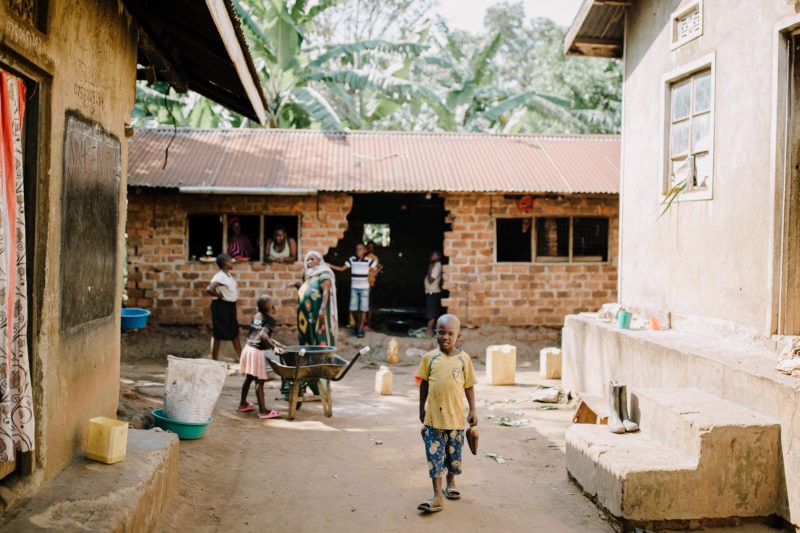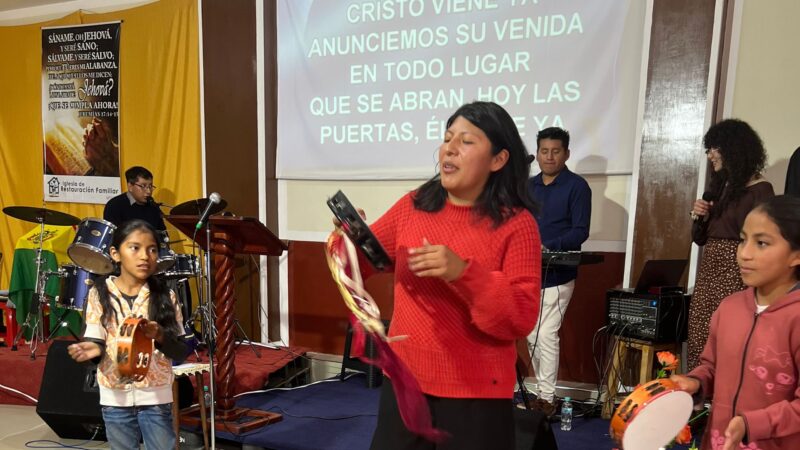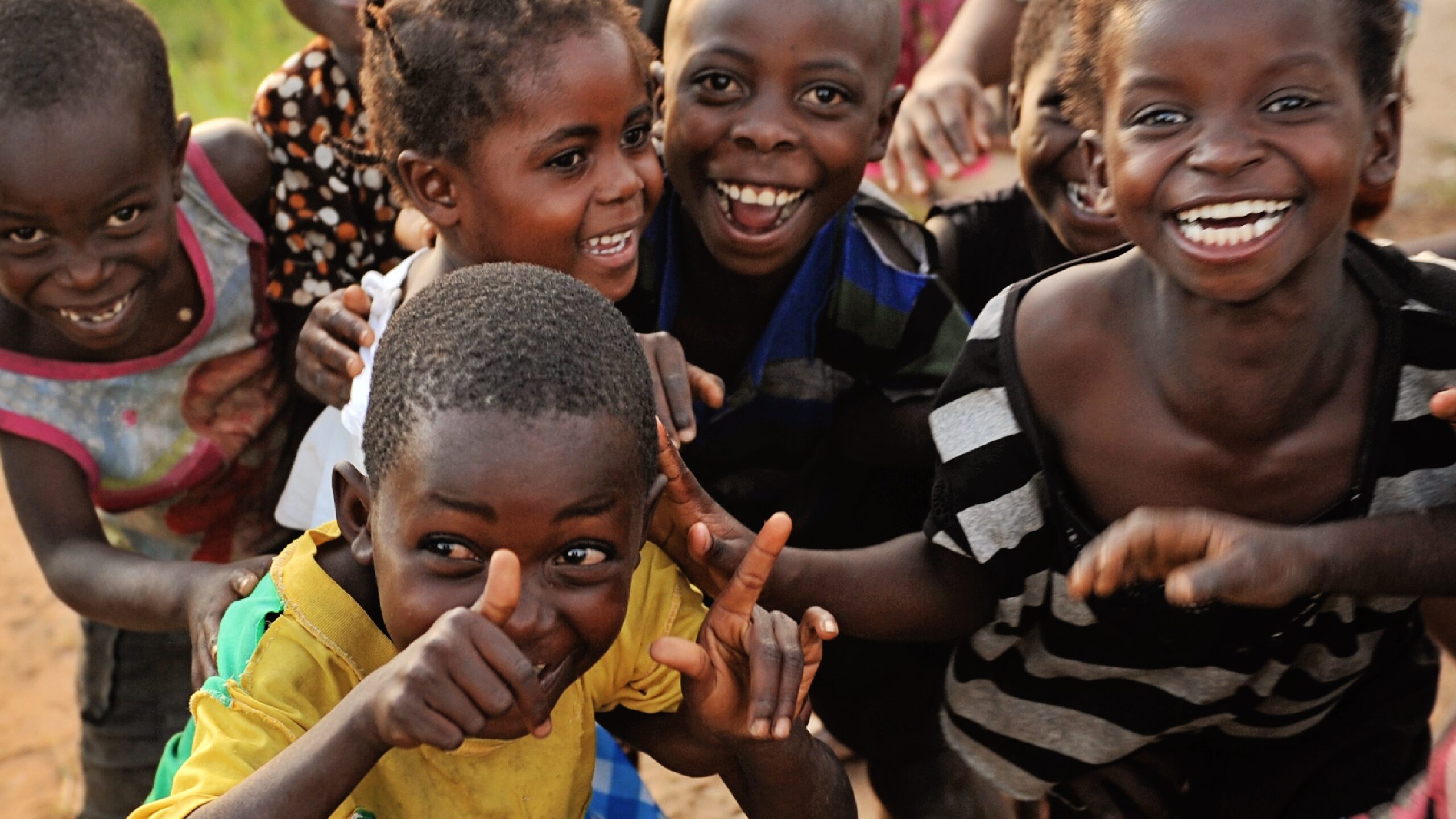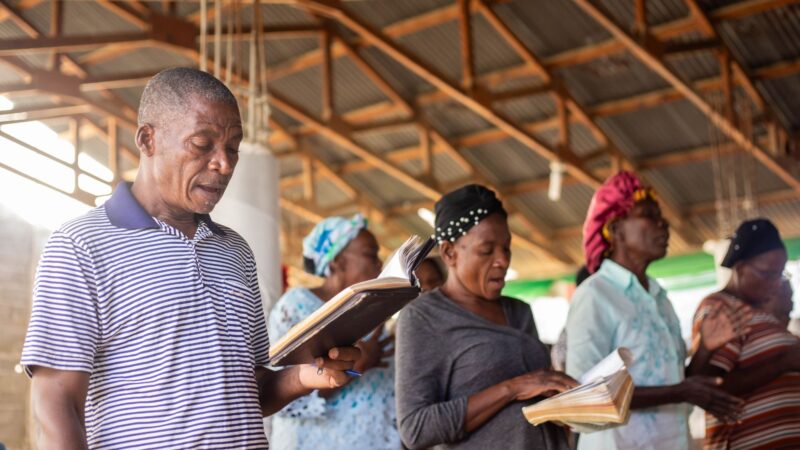I once, maybe I still do, considered myself a romantic. Before my wife and I were engaged, I loved writing her romantic letters. I would spend hours crafting the perfect sentence or thinking about what part of her personality I loved the most.
To my chagrin, she rarely mentioned my notes. I would wonder, did she get them, did she read them? Certainly, all my effort made some impact, didn’t it?
Well, one early winter morning, after a heavy snowfall, I went and shoveled her driveway so that she could get to her teaching job on time. You would have thought I gave her a lavish gift or a grand gesture from her reaction. All I did was shovel her driveway. But she was over the top about how much that meant to her. I didn’t stop hearing about it for a week or more.
I learned something important that month, Anne likes acts of service, not words of affirmation. I’m still drilling that lesson into my head even now, don’t draw on my love language to show her love; use her love language.
So, what do love letters and shoveling driveways have to do with helping the extreme poor?
Nothing at all, really, but it is the lesson that what we think the poor need isn’t often what will bring lasting change or Christ-like love to them and their families. We need to use their “love language” to help people out of extreme poverty.
On one of my trips to Africa, I remember passing a church building while driving to a remote village. My guide told me that the pastor had just moved into the church building to use for his own house. I thought to myself, I bet the people that paid for the church building don’t like that.
An hour later, we saw several water pumps. Most of them looked abandoned and unused. I asked my guide why were so many wells in disrepair. He said an NGO (non-governmental agency) had dug the wells thinking it would help the people. But the villages were far from the main road, so no one maintained the wells. What a waste of good money and time, I thought.
Finally, we drove past an orphanage. The driver told me that it was led by a man and woman who would call all the children in the village to the orphanage whenever overseas visitors were coming. Then after the visitors left, they would go home paid for their efforts, but the man and woman pocketed the biggest return. Obviously, this scam was awful and a deception from the get-go.
Countless good-intentioned donations have been laid waste and misused assets now litter areas of poverty around the world.
Nobody thinks that what they are funding will end up as a landmark of foolishness or in the pockets of the dishonest. No, but good intentions don’t safeguard or assure transformed lives from the donations we give.
So, what does increase the likelihood of donations bringing about life-changing transformation? There are many answers to that question, but I think three guiding principles have helped Bright Hope safeguard our investments in projects and people for over 50 years.
1. In-country staff.
Bright Hope’s in-country staff are rock stars. They know the local culture and in the slums and remote villages where we minister. They know what strategies work and what doesn’t; it is tough to pull the wool over their eyes. They are development professionals and Christian leaders who have years of experience and have seen projects change lives not just for a moment but also for a lifetime. They act as accountability partners and advocates for the poor we serve.
2. Local in-country church partners.
A local church that passes our 12-point criteria is a church we can work with. Best of all, they really know the people we want to help most and what is going on in their village or town. They know the village’s town drunk and the leaders, the scams and scammers, but most importantly, they know the people they can trust to use resources well. They have a track record of reaching people with the Gospel and want to help their congregations and villagers lift themselves out of poverty.
3. Listen, listen, listen, then act.
Finally, all too often, I see individuals make snap decisions and throw their donations too quickly at a problem. The issue with this is that a lot of scam artists and conmen can tell a really convincing story. The scammers know how to touch the heart and the mind of the business owner or well-minded Christian; frankly speaking, they know how to manipulate the wealthy.
So, taking it slowly, listening for a long time, being on the ground, investigating the problems and solutions can really pay off and save you from a lot of painful situations. In most of the villages that Bright Hope ministers, we spend a year or more getting to know the churches and the people there. By the time we pass over the first dollar for a project, we know the leaders in the churches we are partnering with inside and out. We know their strengths and weaknesses, what they can do and what they say they can do but may not be able to handle.
These three safeguards: listening well, local church partners, and in-country staff; are a blessing to us and the poor we are reaching.
This strategy has helped us use every penny we receive for long-term, Kingdom building, life-changing results. Results that make you want to trust us more and tell your friends about our ministry.
You might say, we are not writing the poor love letters, but we are supplying shovels that will help them dig themselves out of physical and spiritual poverty.
Learn More About Bright Hope
When Hope for Today Makes Tomorrow Possible
Hope for Tomorrow: Sometimes Poverty Alleviation is Simple
Hope for Eternity: Jesus Cares for the Poor
Bright Hope, a Holistic Ministry Meeting the Needs of the Poor





